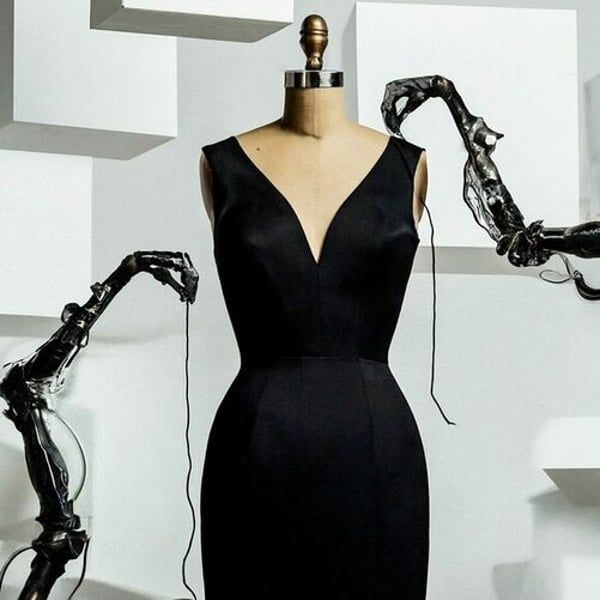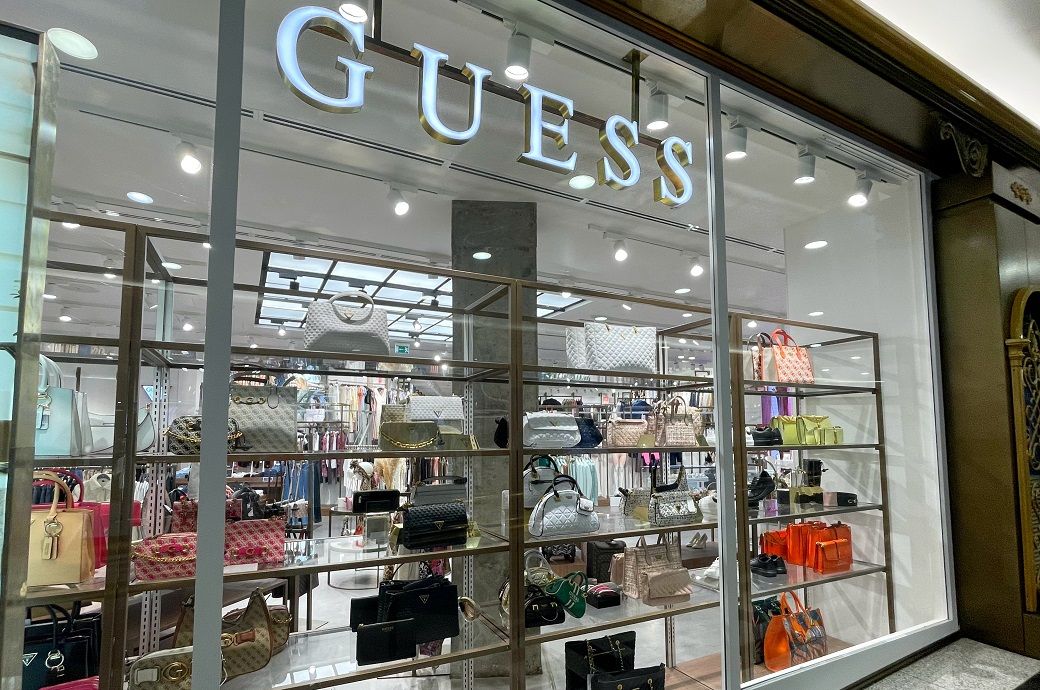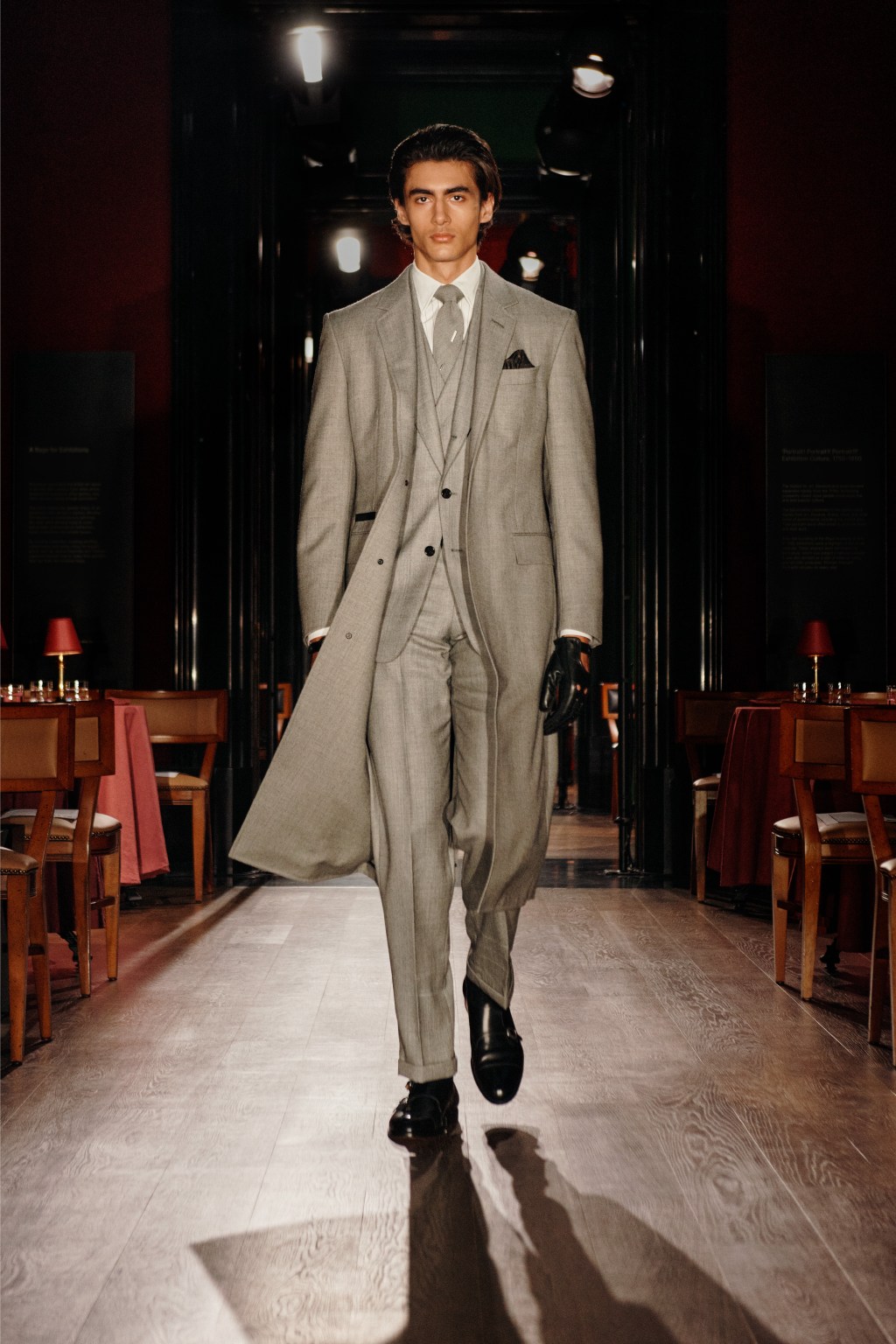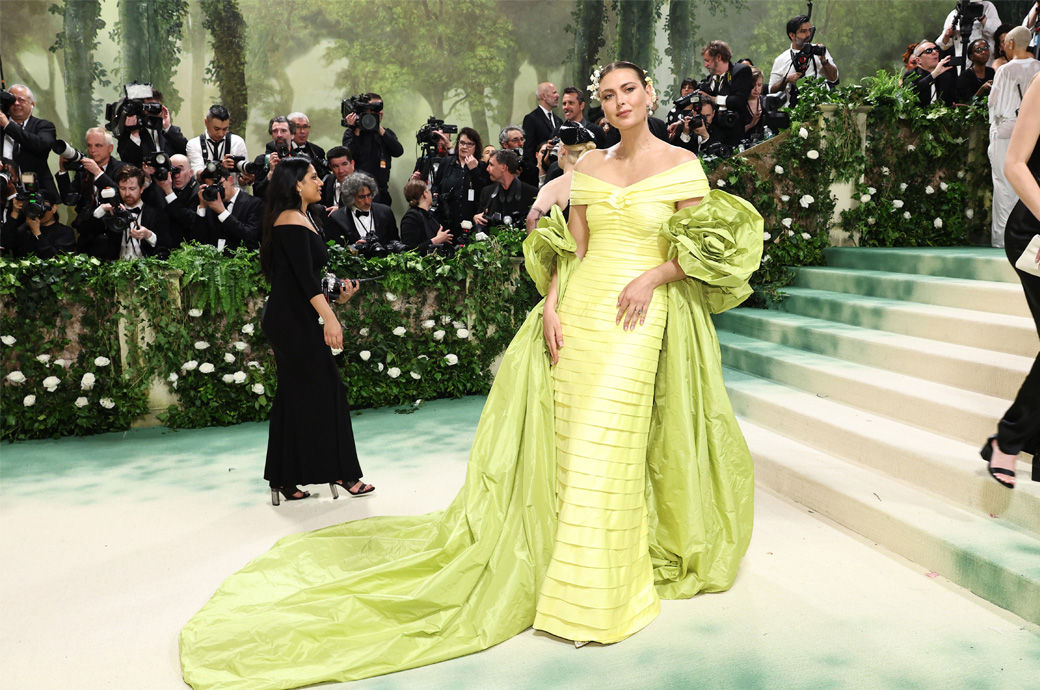Translated by
Cassidy Stephens
Published
January 2, 2024
While the general public begins to adopt generative AI, which, simply put, offers personalized text and images, the fashion and luxury sectors are using artificial intelligence to generate advertising campaigns, product sheets, customer experiences and even the products themselves. But while AI seems to be the top priority for brands and distributors, it’s also a source of fear. FashionNetwork.com has analyzed how AI has already changed some practices in the fashion and luxury industries, with a first chapter on marketing and the creative fields.
By implementing AI-generated images for its campaigns at the end of October, Amazon confirmed the importance of artificial images in the commercial sector. Brand managers and their clients have become familiar with consumer-generated AIs such as Dall-E and Midjourney. And more and more solutions are being developed to automatically cut out products from an image and place them in virtual sets. These sets are born from artificial intelligence and brands must now learn to manage their potential.
“We tell our clients that our tool is like Canva and ChatGPT having a baby, which we can channel towards business objectives,” explains Cédric Derozier, sales director at AdCreative.ai, a Paris-based agency created two years ago. With Adidas, Tiffany&Co and Chopard as clients, this new company’s AI can generate campaign images in just a few minutes, based on the target audience and the report. Jokes and calls to action are automatically generated from product pages. “Soon it will be possible to generate videos in the same way,” says the manager. At a time when illustrators and photographers fear that AIs will borrow too much from their work, the director points out that the images are generated from a bank of 100 million royalty-free images.
AI’s ability to place a product in a machine-created world also allows it to study the product itself. Therefore, he can also write product information sheets himself. Also in this case, brands can adapt the generation process to their own objectives, their own language and highlight the strong points of a product. “First we had to explain this whole process to the brands,” explains Yosr Mhiri, co-founder of the YZR specialist, who works for Decathlon, La Redoute, Monoprix and Leclerc. “But this partial automation has become a matter of survival and not simply of competitive advantage,” says Yosr Mhiri, referring to the difficulties of an industry where freeing up time for teams means greater success.
Sébastien Garcin, president of the aforementioned company YZR, confesses that he loves the fashion and luxury sector, for a simple reason: it is the commercial sector that takes more care of the image of its products. And polished photos make it easier for AI to verbalize a product’s attributes, from color to material to cut. “And with the acceleration of collections, AI also responds to the need for rapid product design,” says the manager.
AI versus designers?
Given that artificial intelligence already knows how to play with consumer expectations through campaigns or product sheets, the big question now is how it will interfere with the creative process of clothing. Will AI soon be able to create viable patterns based on a simple description? The question is divisive due to the opposition between digital rigor and creative freedom, but that hasn’t stopped some brands from taking the plunge. For the CES show in Las Vegas in January 2024, The Kooples will present an AI-generated collection “that fuses the timeless elegance of the brand with the power of generative AI from Imki”, a start-up specialized in this field.
“I don’t know if we can replace creative directors with AI,” doubted Anouck Duranteau-Loeper, CEO of Isabel Marant, at the end of November during a speech at the Fashion Reboot event organized by the French Fashion Institute. . “I am firmly convinced that beauty is created through imperfection and surprise, while a creation with AI will be perfect and, therefore, will have less charm,” says the general director, who took advantage of a visit to China to highlight the appearance of the 100% virtual. influencers, who use AI to offer a sustained rate of publications.
“What makes our products special is their creativity and quality. In no case do we want to use data, digital platforms and artificial intelligence to replace what is the reason for luxury,” said Grégory Boutté, digital and relations director with Kering customers. , in the same event. But Boutté does not close the door completely: “Automation is not an issue that we have prioritized at the moment,” he says. “The quantities and the way we produce don’t necessarily justify it.”

“AI can be an aid, but not a substitute,” says David Galley, associate director of BCG X, the technology arm of Boston Consulting Group. At this point he is accompanied by Jean Robino, strategic director of the agency The Next Playground, which trains brand teams on the subject, and who points out the widespread fantasy of an AI doing all the work: “It’s like a sculpture: you start with a monolith, but each new request will perfect the work of the AI, until you get what you had in mind,” explains the specialist. Therefore, in his opinion, it is about getting creative people familiar with these new processes. On average, he estimates that 20% of the brand-name teams he knows are AI-resistant.
And among those who are reluctant are also senior executives. “AI will force us to rethink the way companies are organized,” said Nathalie Balla, former CEO of La Redoute, at the recent Tech for Retail trade show. “Some jobs will disappear, others will be revolutionized. This technological transformation will have an impact on employment. We need to address this transparently with employees, otherwise there will be strong resistance.”
This resistance could also be legal. For example, British courts have just rejected an American computer scientist’s attempt to register patents for inventions generated by his artificial intelligence. The application was rejected on the grounds that the inventor must be a human being or a company, not a machine. A legal precedent that raises the legal question of artificial artistic creation.
AI at the service of counterfeits
On the other hand, counterfeiters will be rare, as will brands known to be “inspired” by other labels. Over the summer, three US designers filed a lawsuit against the Chinese company Shein, whose AI allegedly simply copied their designs. It is a system that sheds light on the company’s ability to generate 8,000 new designs a day. A practice that is all the more worrying for the fashion industry because, although AI must rely on what already exists to “create”, it itself can add or eliminate the famous “distinctive elements” that make the difference between a similar product. . and a fake.
It is therefore not surprising that the luxury goods sector, a prime target for counterfeiters, has been turning to AI for several years to respond to this threat. Because while artificial intelligence can analyze a product and copy it, it can also identify copies that appear on sales sites.
“We are still in the early stages of thinking about this,” Kering’s Grégory Boutté told FashionNetwork.com. “Many startups are now positioning themselves to use AI to detect counterfeits. Our approach is to look at what exists and how these solutions can be added to our already existing systems, which, as you can imagine, are very rigorous, since we are investing a lot in this area. “We have not yet identified this solution that will amplify our efforts, so we are still in an exploratory phase.”
At Google, however, intellectual property infringement is already considered the first of the major risks associated with AI, ahead of “misinformation, the social impact on employment and, finally, the environmental burden,” lists the CEO of Google France, François Loviton. , at the Tech for Retail fair in Paris in November 2023. “We are just at the beginning of the acceleration of AI and we do not know how far it will go. The opportunities are enormous, but corporate responsibility is crucial.”
In a second installment, FashionNetwork.com will analyze the possibilities of AI to personalize the customer experience, as well as the possibilities it offers in terms of optimizing supply, whether at the scale of store networks or the production chain itself. .
Copyright © 2024 FashionNetwork.com All rights reserved.












